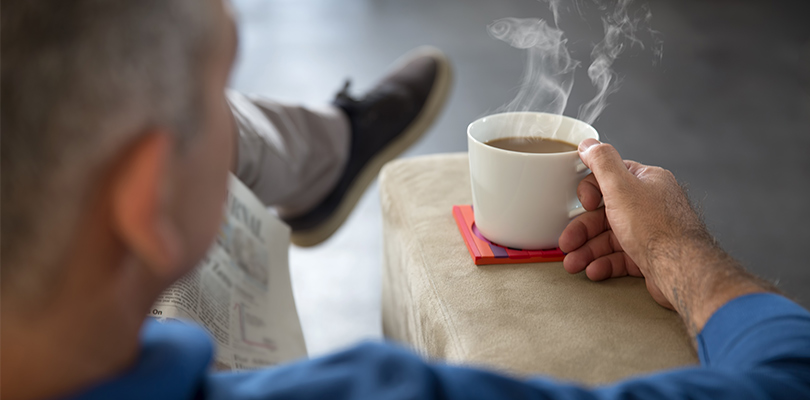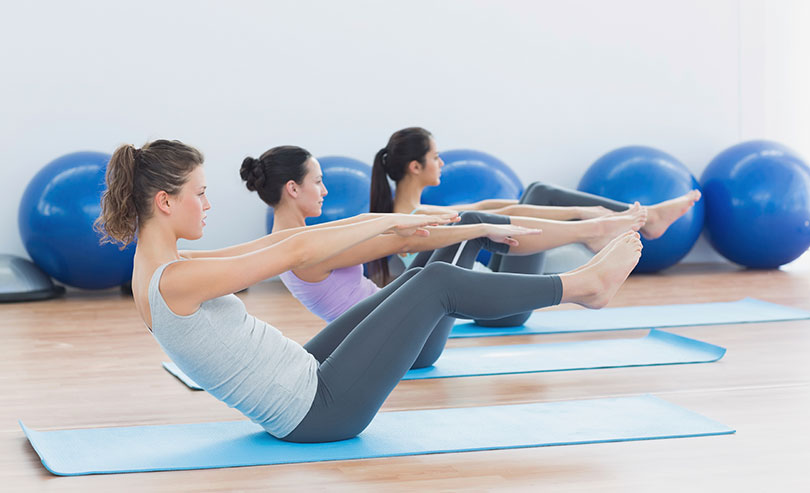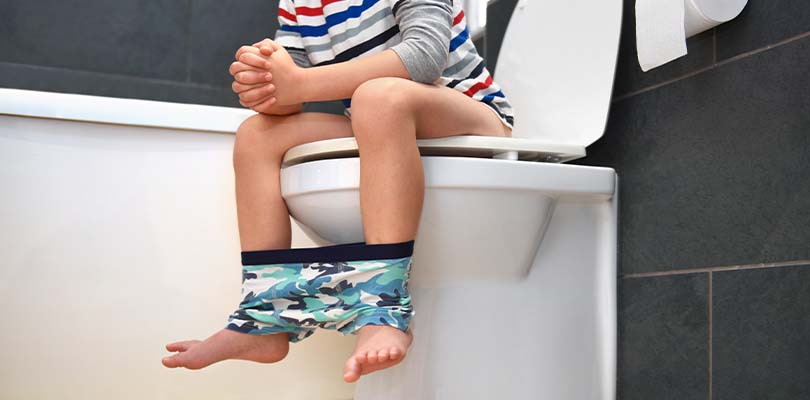OAB and Constipation
Overactive bladder (OAB) can be embarrassing, uncomfortable, and disruptive. It can become even worse if you’re constipated as well. Are OAB and constipation related? In this article we’ll look at both conditions, and how they relate to each other.
What is OAB?
OAB describes a collection of symptoms including the urge to urinate, urinary frequency, and nocturia (waking up at night to urinate). These are all hallmark symptoms of OAB.
There are various possible causes for OAB. Some of these causes can overlap.
Possible causes for OAB include the following:
- Weakened pelvic muscles. Pelvic muscles can become weakened from pregnancy and childbirth. These muscles can also stretch, which causes the bladder to move from its normal position.
- Nerve damage. The bladder knows to empty due to signals from the brain. These signals travel back and forth, letting us know when we need to urinate. If these signals are being sent at the wrong time, OAB may occur. Nerve damage may occur due to various diseases and traumatic occurrences, such as:
- Multiple sclerosis
- Pelvic surgeries
- Back surgeries
- Herniated discs
- Radiation
- Parkinson’s disease
- Stroke
- Ingested substances, such as medications, caffeine, and alcohol all can cause OAB symptoms.
- Infections, especially urinary tract infections (UTIs) can irritate the bladder. This irritation can precipitate OAB symptoms.
- Carrying excess weight. Being overweight or obese places extra weight on the bladder.
What is Constipation?
Constipation occurs when bowel movements are passed infrequently or with difficulty. It can also be defined by the amount of bowel movements passed per week. Typically, fewer than three bowel movements per week is considered constipation.
Constipation is considered chronic when it lasts for several weeks.
There are many causes of constipation, so it can be difficult to determine. Various causes include the following:
- Blockages in the colon or rectum that stop or slow the passage of stool.
- Neurological conditions that can affect the body’s ability to pass stool, such as:
- Multiple sclerosis
- Parkinson’s disease
- Spinal cord injuries
- Strokes
- Damage to the nerves that control bodily function (autonomic neuropathy)
- Difficulties with the pelvic floor muscles, such as weakened muscles, muscles that do not contract correctly, or muscles that have difficulties relaxing.
- Certain medical conditions, such as diabetes, hyperparathyroidism, hyperthyroidism, and pregnancy. All of these affect the hormones of the body.
Getting through the holidays with OAB can be overwhelming; follow these eight tips to manage your OAB without sacrificing your holiday spirit.
How Are OAB and Constipation Related?
According to the University of California, San Francisco (UCSF) Department of Urology, there is a very close relationship between constipation and OAB. Why? Because the nerves of both systems are in close proximity of each other. If there is an issue with the nerves of one system, it stands to reason that there may be an issue with the nerves of the other.
According to UCSF, “In addition, the bladder and the colon are close together in the body. Large amounts of stool in the colon can put pressure on the bladder which can cause the bladder to not fill as much as it should, or cause the bladder to contract when the bladder is not supposed to contract. This large amount of stool can also cause the bladder to not empty well.”
So, what tends to happen when constipation occurs? Yes, you guessed it! Urinary frequency, nocturia, and even urinary tract infections.
It is imperative to treat constipation as it may help relieve OAB symptoms. Although treating constipation may not fully improve your OAB symptoms if there are other underlying causes, it may improve symptoms.
Constipation Treatment
There are some things you can do to help treat constipation at home.
- Increase fiber in your diet. It is not necessary to increase fiber intake immediately. The increase can be gradual. Examples of high-fiber foods include fresh fruits, vegetables, whole grains, and certain cereals.
- Exercise. The act of exercise can improve muscle activity in the intestines. Attempt to exercise most days of the week.
- Take medications as recommended by your healthcare provider.
- Fiber supplements add bulk to the stool.
- Stimulants assist with contractions of the intestines.
- Osmotic laxatives allow fluids to travel to the intestines, allowing stools to move more fluidly throughout the gastrointestinal system.
- Lubricants assist with moving the stool through the colon.
- Enemas and suppositories have various actions, depending on the type. They should be used when other treatments have failed.
- Various prescription medications are available when constipation is severe. These medications are often used when you have irritable bowel syndrome (IBS).
If your symptoms persist, make an appointment to see your doctor as soon as possible.
The Bottom Line
Though OAB and constipation are two very different medical conditions, they can be related. Improving symptoms of constipation can greatly improve symptoms of OAB.







